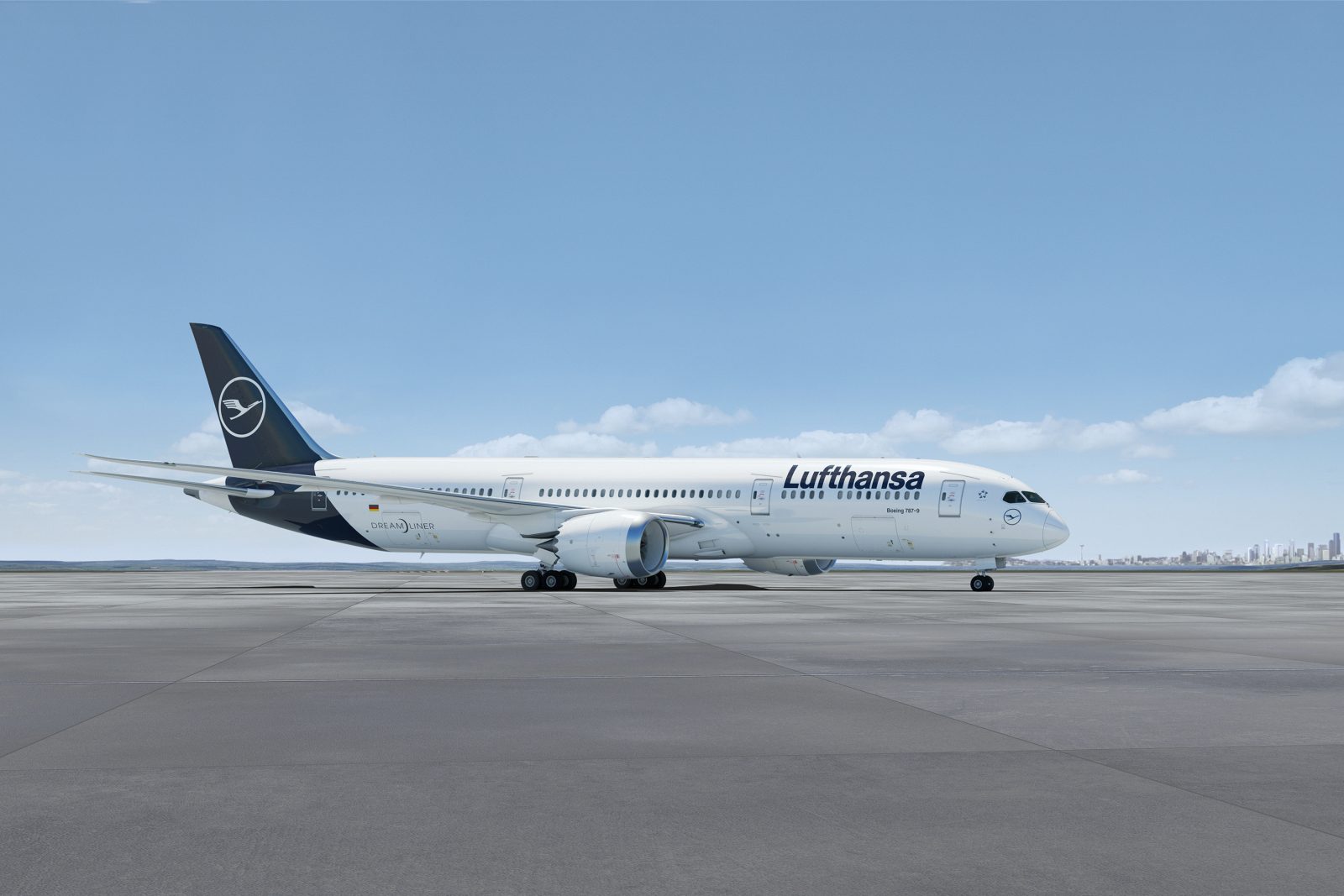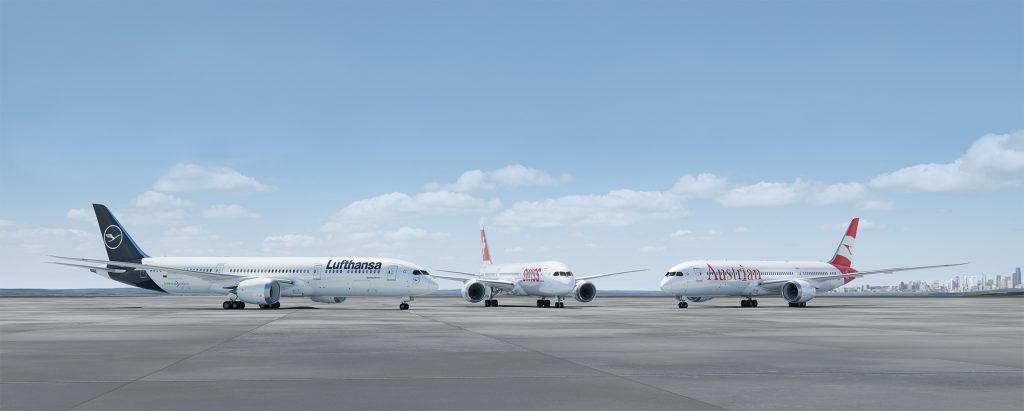
Lufthansa may be slightly older and more experienced than Abu Dhabi’s Etihad Airways (The German flag carrier was formed in 1953, making it 51 years older than its Persian Gulf rival) but the two airline’s fortunes couldn’t be more different right now. Both airlines have posted their 2018 financial results today and while Etihad made a staggering loss of USD $1.28 billion, it’s German counterpart posted a profit of €2.8 billion (approximately $3.16 billion).
And that was actually down on last years record profit of €3 billion – Lufthansa blamed rising fuel prices which increased its costs by some €850 million, as well as a €304 million charge from delays and cancellations that can be largely blamed on extensive air traffic controls constraints that have negatively impacted a number of airlines across Europe.
The results are an aggregated result for all the Lufthansa Group airlines which not only includes the mainline carrier but also its subsidiaries – Austrian, Brussels Airlines, Eurowings and SWISS. The majority are performing well but there was some bad news at the low-cost carrier Eurowings.
For the second year in a row, Eurowings dipped into the red. This year, the airline posted a loss of €231 million – which is even worse than last year’s loss of €60 million. However, Lufthansa attributes the poor performance down to a “growth leap” that the airline experienced when it sucked up large parts of the now-defunct Air Berlin. Lufthansa says it expects Eurowings to breakeven in 2019 as it consolidates its position in the market.

Lufthansa previously said it would slash capacity growth to just 3.8% by Summer 2019 but has now decided to restrict it even further to just 1.9%. The chief executive of Deutsche Lufthansa AG, Carsten Spohr has described “challenging” and there are now plans to implement significant cost-cutting initiatives.
Yesterday, the airline revealed that between 2022 to 2023 it would sell six of its 14 Airbus A380 planes back to Airbus. That was part of deal Lufthansa inked with Airbus to buy 20 additional Airbus A350-900 long-haul aircraft. Lufthansa also revealed it had reached agreement to buy 20 Boeing 787-9 Dreamliner’s as part of an investment to replace existing 4-engine gas-guzzling aircraft.
The new aircraft will start to be delivered in 2020 but a decision as to which airline and which hubs the aircraft are to be assigned is yet to be made. The deal is valued at $12 billion but Lufthansa said it had “negotiated a significant price reduction'” – the airline declined to reveal how much it was actually paying for the new aircraft or how much Airbus had agreed to buy back the used A380’s.
Mateusz Maszczynski honed his skills as an international flight attendant at the most prominent airline in the Middle East and has been flying ever since... most recently for a well known European airline. Matt is passionate about the aviation industry and has become an expert in passenger experience and human-centric stories. Always keeping an ear close to the ground, Matt's industry insights, analysis and news coverage is frequently relied upon by some of the biggest names in journalism.







